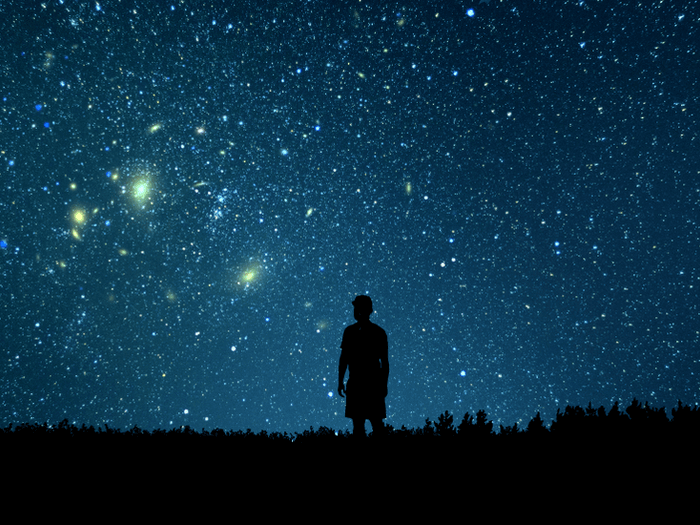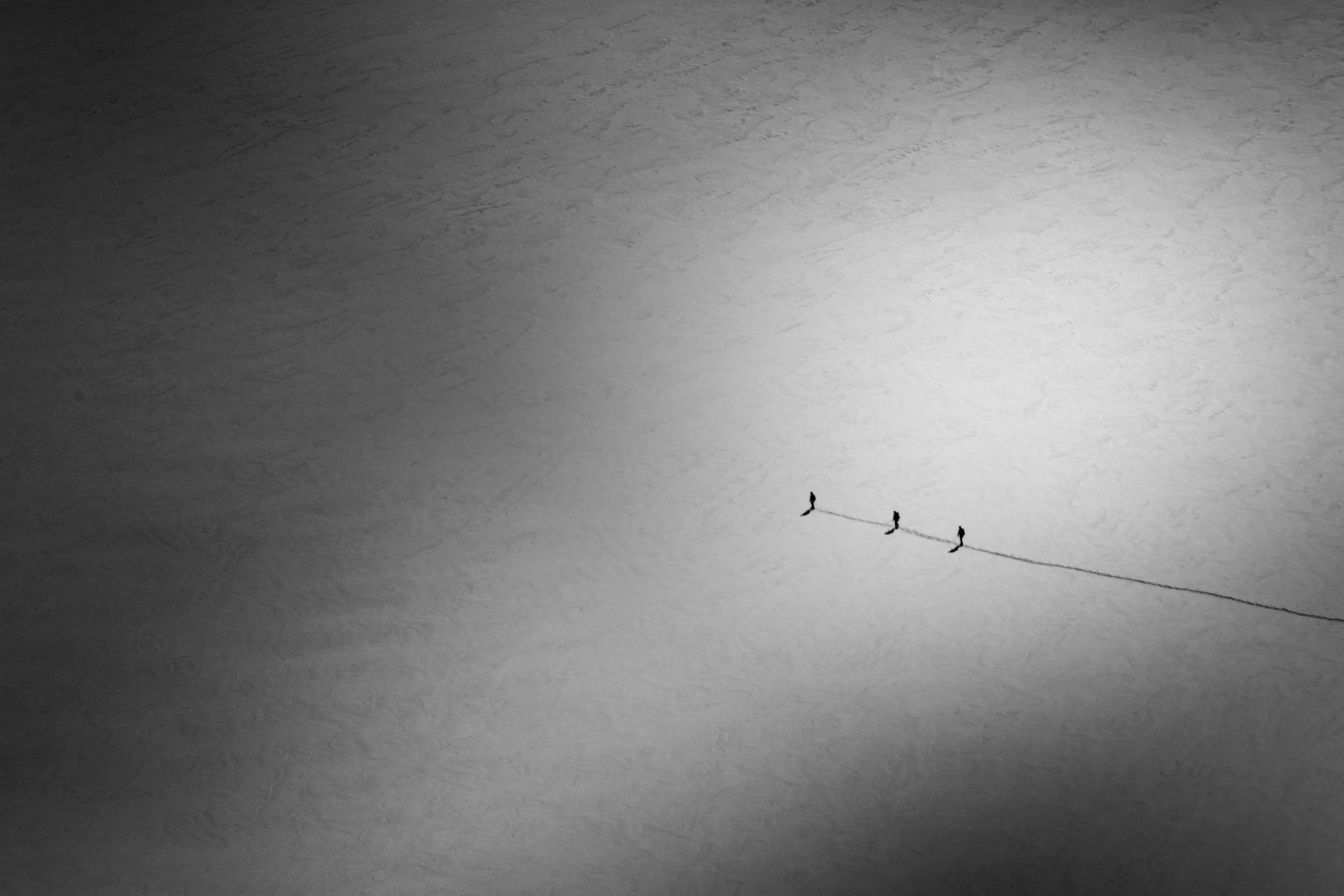My days at the university was full of struggles. I remember struggling every single day. It was emotionally and physically exhausting. It wasn’t easy juggling studies and full-time work; it was crazy as hell. One second I was listening to my professor’s lecture, the next I’m falling asleep and getting reprimanded. Tiring as it may get, I carried on because I badly want to get my diploma.
One question was raised during this time, I was asked, “Isn’t it ironic that you now have a job but still want to finish school?”
I didn’t have the answer. All I know was I want to get my diploma. I don’t have a single clue what’s next for me or what am I planning to do thereafter. It is easy for us, as humans, to feel or get lost. But we aren’t really lost; sometimes we don’t have any clue as to what we are doing. How can you choose the “road to go down” if you don’t know where it is that you are going? How can you get “there” if you don’t know where “there” is?
You can’t figure out everything right away.
If there’s one lesson I can share with my younger self, it’s that life is a work in progress. If we have figured out everything today, what’s the purpose of tomorrow? There’s always a reason why things may or may not work out. You can decide the lesson or pain each experience hold. Our youth is a moment when our experience of the world is less that of a long life maturing. There is no shortcut from point A to B. The space between point A to B is about paying attention to periods of transitions of knowing what we want and how to get there.
Move on from failures.
Carol Dweck brilliantly describes how should we deal with failure, in her words, “Failure is information-we label it failure, but it’s more like, ‘This didn’t work, I’m a problem solver, and I’ll try something else.’” Oftentimes, we are putting so much burden on ourselves. No single successful person on the planet never failed. Don’t get stuck from failures, learn from it and go back to the drawing board.
There’s always losses and yearnings.
Write down what you are going to yearn, that is where the pain comes from, looking into the future of “what could have been,” not what was. Then accept the loss, grieve and move once you’re ready. For some people moving forward takes years. Others manage in months or days depending on what that loss was. But you have to carry on with your life. You cannot live asking yourself different what ifs. Sad experiences are embroidered to us, each lessons making us stronger and better.
Curiosity will lead you in the right direction.
One of the most clichè advice we get early in life is to follow your passion. Whatever is it you are passionate about, pursue it and make the most out of it. But Elizabeth Gilbert tells you otherwise, “Follow your curiosity,” Gilbert says in front of hundreds of people. “Passion is rare; passion is a one-night-stand. Passion is hot, it burns. Every day, you can’t access that.”
Even though she’s one of the most passionate writers on the planet, Gilbert insists she doesn’t feel passionate every, single day. What she does feel, though, is curiosity.
“Follow it,” she adds. “It might lead you to your passion or it might not. You might get nothing out of it at all except a beautiful, long life where all you did was follow your gorgeous curiosity. And that should be enough too.”
The endless pursuit of “next steps” can be overwhelming, but never be discouraged. Keep going until you get “there.”


